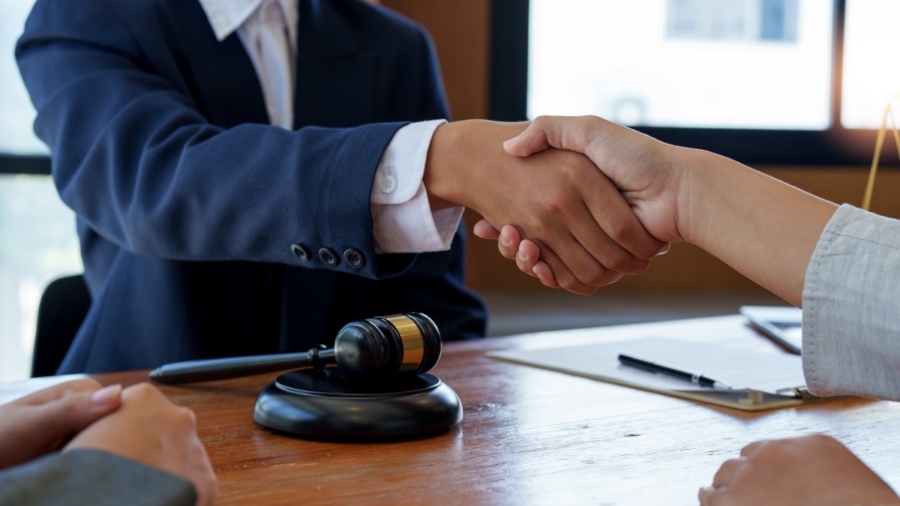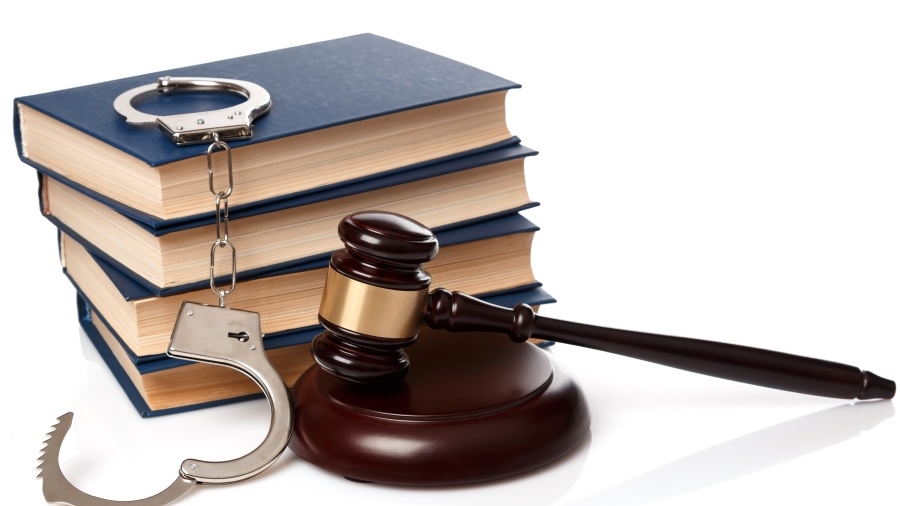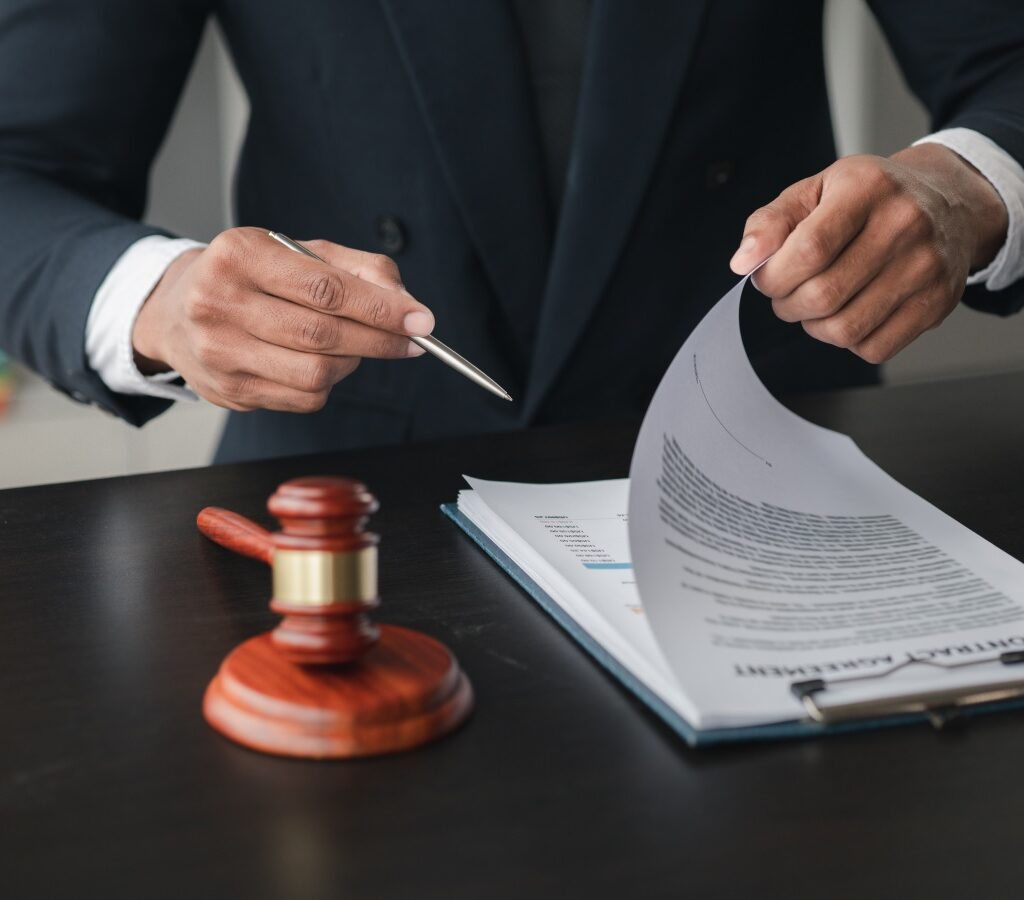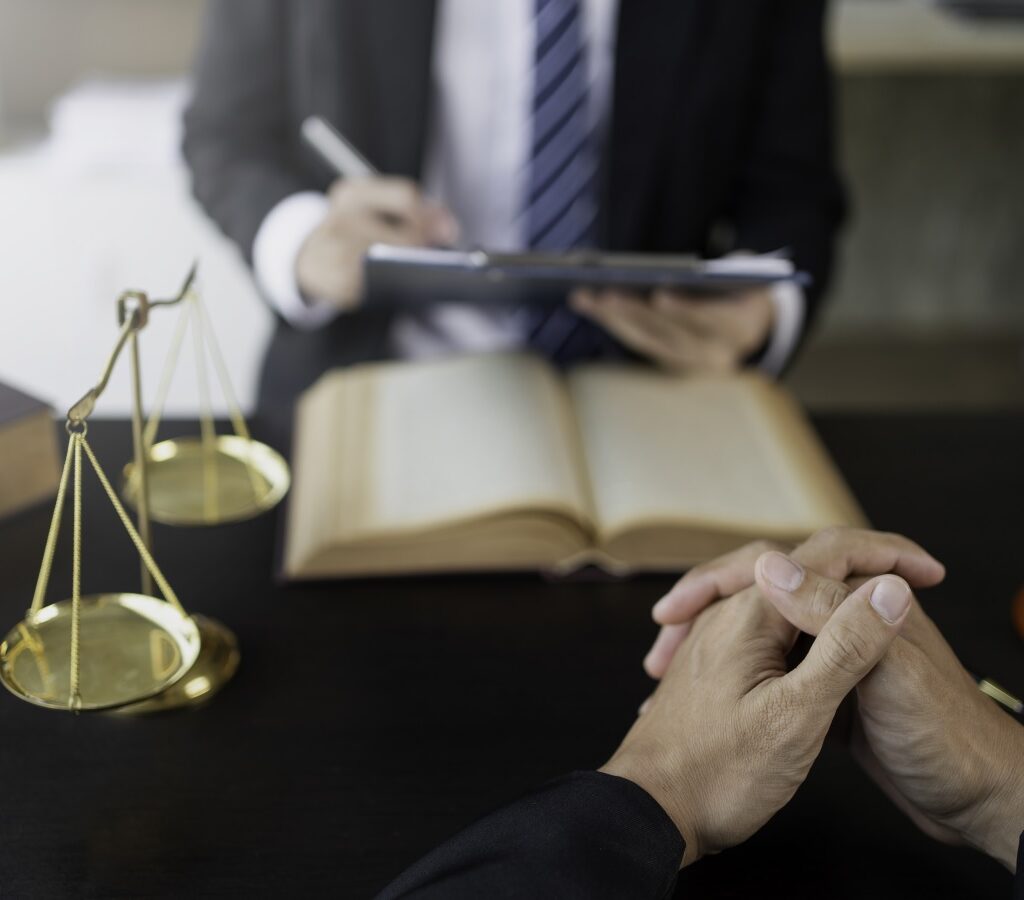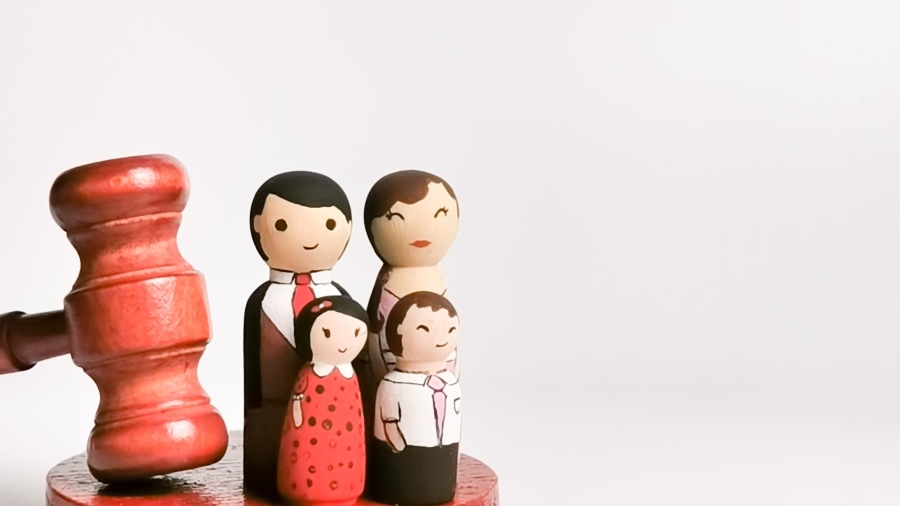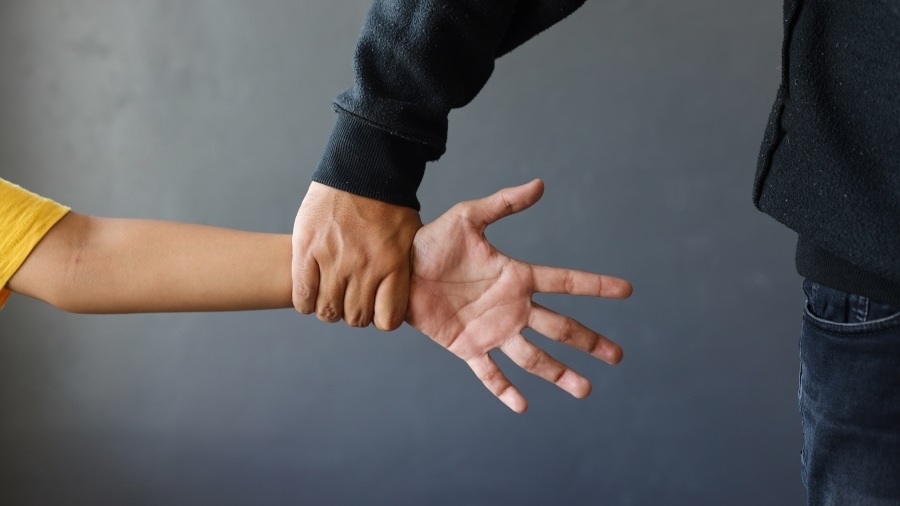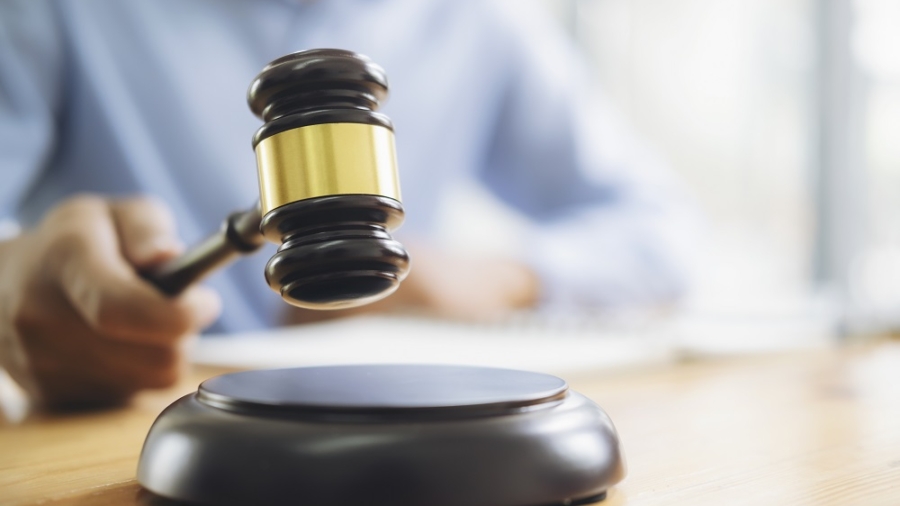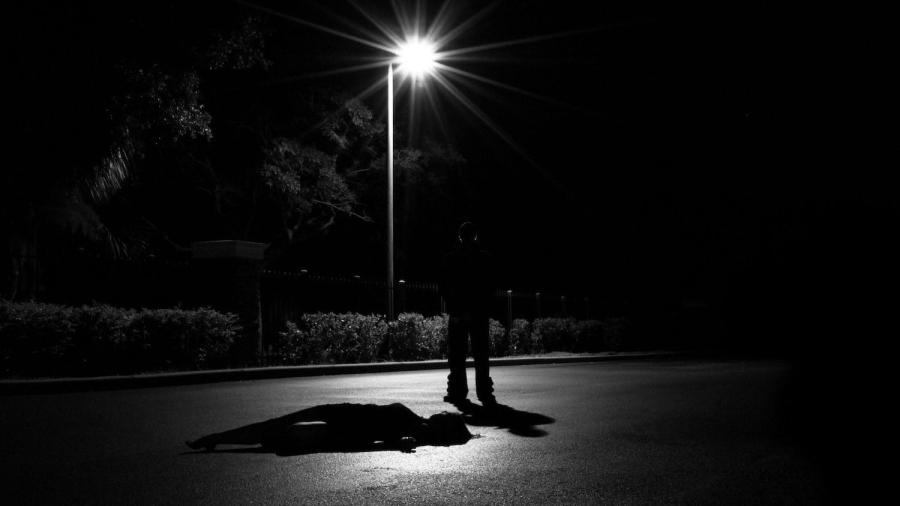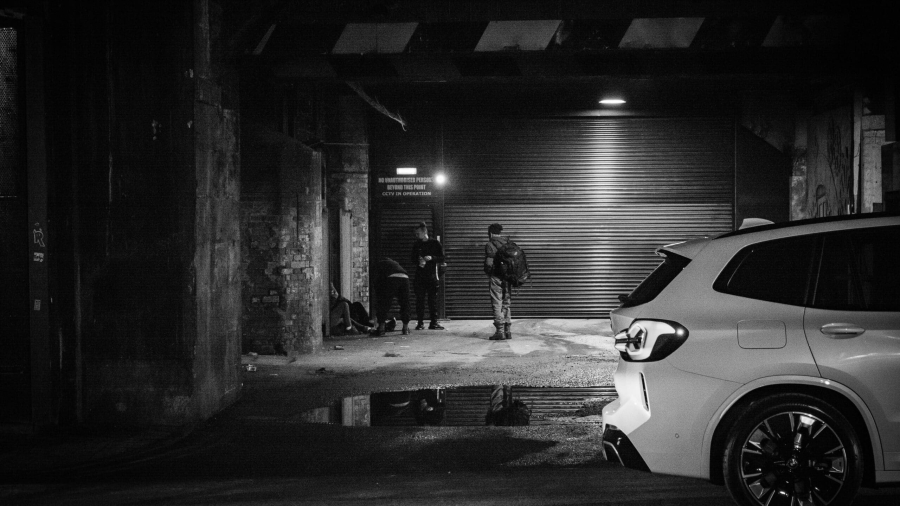What Are The Sexual Exploitation Laws in Louisiana Regarding Child Pornography?
Child Pornography Defense Attorney in Baton Rouge, LA
Experienced Legal Defense for Child Pornography Charges
Accusations of child pornography are serious and carry severe legal consequences, including lengthy prison sentences, hefty fines, and mandatory sex offender registration. If you are under investigation or facing charges, you need an experienced child pornography defense attorney to protect your rights and build a strong legal strategy.
In an era of increasing connection and internet interaction, it is more important than ever to safeguard vulnerable persons against sexual exploitation. Like many other states, Louisiana has enacted strict laws and regulations to prevent sexual exploitation. This article digs into the complexities of Louisiana’s sexual exploitation statutes, highlighting their significance and influence.
David E. Stanley, APLC, a highly skilled criminal defense attorney, understands the complexities surrounding child pornography cases. He is committed to championing your rights, safeguarding your best interests, and relentlessly pursuing the most favorable outcome for your case. David E. Stanley offers exceptional legal representation within intricate and challenging scenarios. Working from his office in Baton Rouge, Louisiana, he has a well-established history of effectively representing clients in felony criminal cases in federal and state courts throughout Louisiana.
This impressive record stands as undeniable evidence of his proficiency and capabilities. His office is primed and ready to offer the precise assistance you need. Feel free to contact Criminal Defense Attorney David E. Stanley without delay to get started constructing a rock solid foundation for your defense strategy. His relentless commitment to you remains unwavering in his mission to safeguard your rights and furnish you with a sound and resilient legal defense.
Sexual Exploitation Definition
Sexual exploitation is exploiting someone for personal, sexual, or financial benefit, typically at their expense and against their choice. Sexual exploitation in Louisiana refers to actions that exploit others for sexual motives, such as prostitution, human trafficking, child pornography, and child exploitation.
This exploitative behavior breaches a person’s autonomy, dignity, and fundamental human rights. Sexual exploitation, in the context of Louisiana’s legal framework, refers to a wide range of behaviors that exploit and degradate vulnerable individuals for sexual purposes while disregarding their consent and well-being. Child Pornography

Prostitution from a Legal Perspective
Child exploitation and child pornography are often intertwined but encompass distinct forms of harm inflicted upon minors. While interconnected, they carry different connotations. Child exploitation casts a broader net, encompassing a range of harmful behaviors directed at children. Child pornography, on the other hand, consists of explicit visual material or recordings of minors engaging in sexual activities.
Child exploitation includes various abusive behaviors, such as physical, emotional, or psychological harm, manipulation, grooming, and even trafficking. These encompass acts that exploit a child’s vulnerability, trust, or dependency for personal gain or satisfaction. On the other hand, child pornography narrows its focus solely to the possession, production, and distribution of explicit content featuring minors in sexually explicit scenarios.
Both child exploitation and child pornography are grave violations of ethical and legal norms, warranting stringent legal measures to safeguard the well-being of minors. The distinction between these terms highlights the harm inflicted upon young individuals and underscores the need for protective measures and proactive intervention to ensure their safety and security.
Penalties for Violations
In Louisiana, the punishments for sexual exploitation violations are harsh, reflecting the nature of the acts. Those convicted of prostitution, human trafficking, or child exploitation may face significant penalties, incarceration, and registration as sex offenders.
Convictions for child pornography violations typically result in lengthy jail and considerable penalties. If a person is found guilty of possessing, making, or spreading child pornographic photographs, it will be necessary to register as a sex offender. These duties extend long after the individual’s release from prison, significantly impacting their life for many years after they complete their sentence. Here are the penalties and violations for child pornography in Louisiana:
1. Intentional Possession of Child Pornography:
- Fine: Not more than $50,000
- Imprisonment: Not less than five years and not more than 20 years, without benefit of parole, probation, or suspension of sentence
2. Subsequent Conviction for Intentional Possession:
- Fine: Not more than $75,000
- Imprisonment: Not less than ten years and not more than 40 years, without benefit of parole, probation, or suspension of sentence
3. Distribution or Possession with Intent to Distribute:
- Fine: Not more than $50,000
- Imprisonment: Not less than five years and not more than 20 years, without benefit of parole, probation, or suspension of sentence
4. Subsequent Conviction for Distribution or Possession with Intent:
- Fine: Not more than $75,000
- Imprisonment: Not less than ten years and not more than 40 years, without benefit of parole, probation, or suspension of sentence
5. Consent by Parent, Legal Guardian, or Custodian:
- Fine: Not more than $50,000
- Imprisonment: Not less than five years and not more than 20 years, without benefit of probation, parole, or suspension of sentence.
6. Engaging in Promotion, Advertisement, or Production:
- Fine: Not more than $50,000
- Imprisonment: Not less than ten years and not more than 20 years, without benefit of probation, parole, or suspension of sentence
7. Subsequent Conviction for Promotion, Advertisement, or Production:
- Fine: Not more than $75,000
- Imprisonment: Not less than 20 years and not more than 40 years, without benefit of parole, probation, or suspension of sentence
8. Offense Committed with Victim Under 13 years (Intentional Possession):
- Imprisonment: Not less than half the most extended term nor more than twice the longest term provided for first convictions, without benefit of parole, probation, or suspension of sentence
9. Offense Committed with Victim Under 13 years (Distribution or Possession with Intent):
- Imprisonment: Not less than 25 years nor more than 99 years, with at least 25 years served without benefit of parole, probation, or suspension of sentence

Child Pornography Legal Measures and Initiatives
Various collaborative activities strengthen Louisiana’s legal system targeted at combating child pornography.
Collaborative Task Forces and Agencies: In a coordinated effort, state and federal agencies pool resources to form task forces committed to combating child pornography. These task forces actively pursue offenders through coordinated investigations, ensuring thorough conviction.
Victim Empowerment: Louisiana takes a proactive approach to assisting victims of child pornography. This practice involves providing critical support services to people affected, such as counseling and legal aid. These extensive steps are intended to help survivors restore their lives.
Preventive and Instructional Initiatives: The state’s dedication to preventing child pornography is shown in public awareness campaigns and instructional programs. These efforts empower individuals to spot symptoms of child exploitation by increasing awareness and understanding, promoting an environment where reporting suspicious activity becomes a priority.
Louisiana displays a comprehensive approach to combating child pornography by combining these approaches. The state strives to reduce the prevalence of child pornography and establish a culture of safety and vigilance through proactive law enforcement partnerships, critical victim support, and the fostering of public attention.
Combating Child Pornography: Challenges and Prospects
Despite Louisiana’s admirable efforts to eradicate child pornography, substantial obstacles remain. These difficulties include the complications of coordinating multi-agency activities, effectively combating online exploitation, and providing comprehensive and long-term support to victims.
The trajectory of Louisiana’s approach to combating child pornography will most likely be marked by ongoing coordination among law enforcement agencies, support organizations, and legislative bodies. This comprehensive approach seeks to create an atmosphere in which child pornography is increasingly difficult to commit. Louisiana wants to address not only urgent problems but also to reduce the occurrence of these heinous crimes in the future by strengthening preventive measures, applying innovative technologies, and providing continuous help to survivors.
Frequently Asked Questions
1. Will I Have to Register as a Sex Offender?
Yes, a conviction for child pornography in Louisiana requires mandatory sex offender registration. This can significantly impact your ability to:
✔️ Find employment
✔️ Secure housing
✔️ Travel freely
2. Can Child Pornography Charges Be Dropped?
Yes, but only with a strong legal defense. A knowledgeable attorney can challenge evidence, procedures, and constitutional violations to seek case dismissal or reduced charges.
3. What Should I Do If I’m Under Investigation?
DO NOT:
❌ Speak to law enforcement without an attorney.
❌ Attempt to delete files or erase evidence.
❌ Contact alleged victims or witnesses.
DO:
✅ Call Attorney David E. Stanley immediately at (225) 926-0200.
Trusted Criminal Defense Attorney Baton Rouge, LA
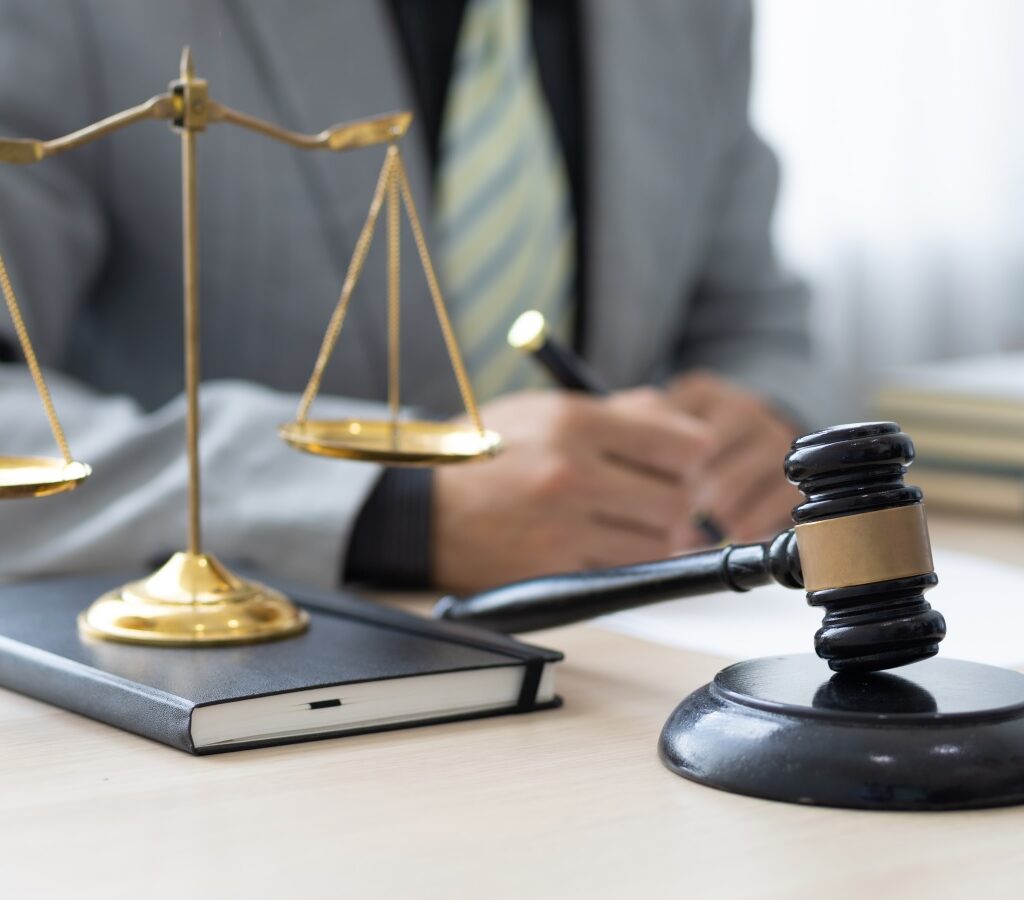
If you are being investigated, or have been accused, of engaging in child pornography or another sex crime in Baton Rouge, LA, it is urgent that you immediately seek the advice of a trusted criminal defense attorney in Baton Rouge, LA. You must avoid making any statements to law enforcement agents without legal assistance to protect your legal rights. It’s crucially important because, even seemingly unrelated information you provide, could be used against you.
While this may be your first interaction with the criminal justice system, the gravity of the situation demands that you take it seriously and proceed with the utmost caution. Your rights are paramount, and establishing a solid defense against the charges is possible. It would be best to work closely with your attorney in Baton Rouge, LA, to thoroughly investigate the full range of tactics and solutions available to resolve your situation efficiently and effectively.
David E. Stanley, APLC, is a seasoned attorney based in Baton Rouge, LA, with extensive knowledge and experience in defending child pornography allegations. His objective is to provide sound solutions that aid you in reclaiming command over your life. David E. Stanley’s reputation in Louisiana for providing unwavering legal advocacy and consistently yielding positive results in court speaks volumes. Contact him immediately to arrange a complimentary consultation, where your prostitution defense case can be openly discussed.
Need a Sexual Exploitation or Child Pornography Attorney
in Baton Rouge, LA?
Contact David E. Stanley, APLC, for an appointment
at 225-926-0200
David E. Stanley, APLC
1055 Laurel Street, Suite 2
Baton Rouge, LA 70802
225-926-0200

David Stanley is the founder and principal of David E. Stanley APLC. Since 1983, Mr. Stanley has successfully practiced law from his office in Baton Rouge, Louisiana.



